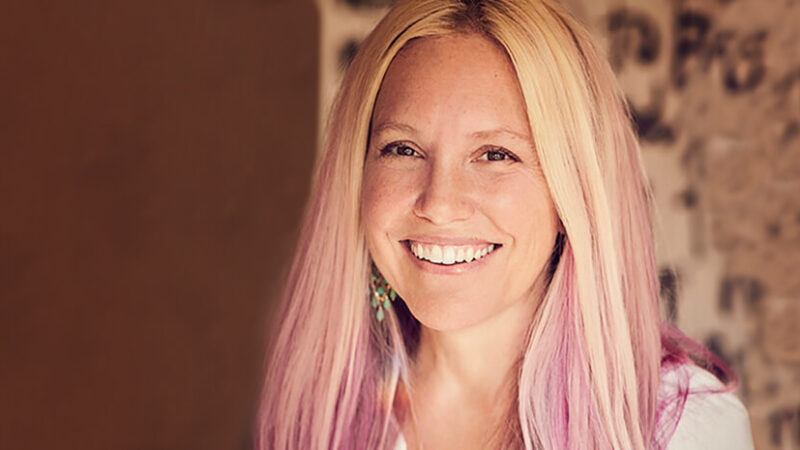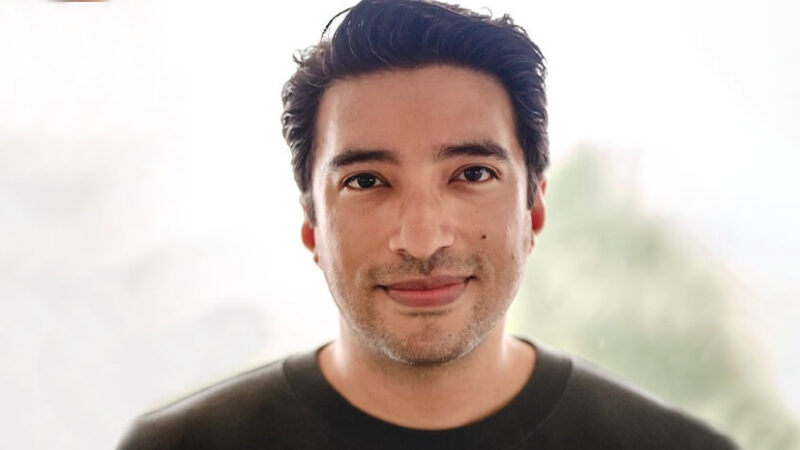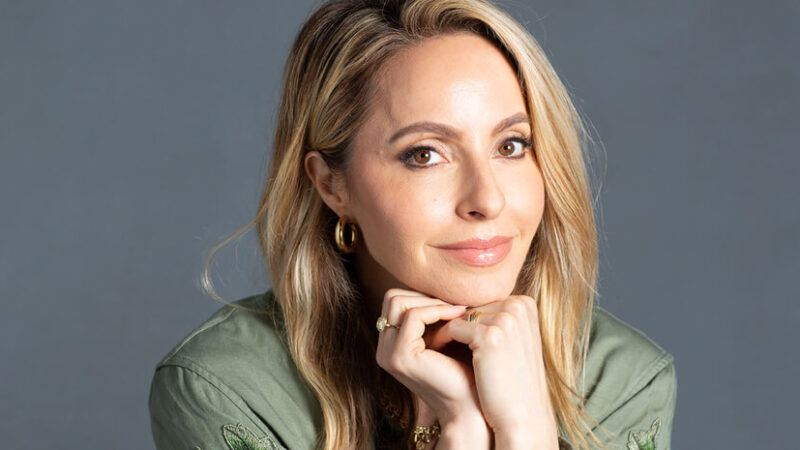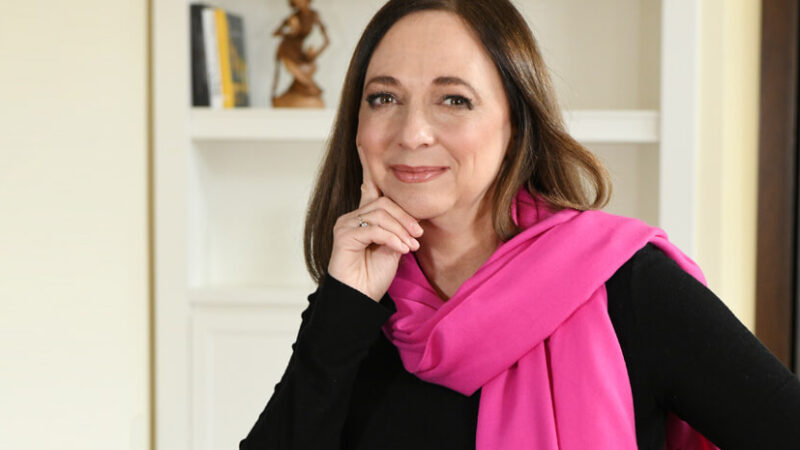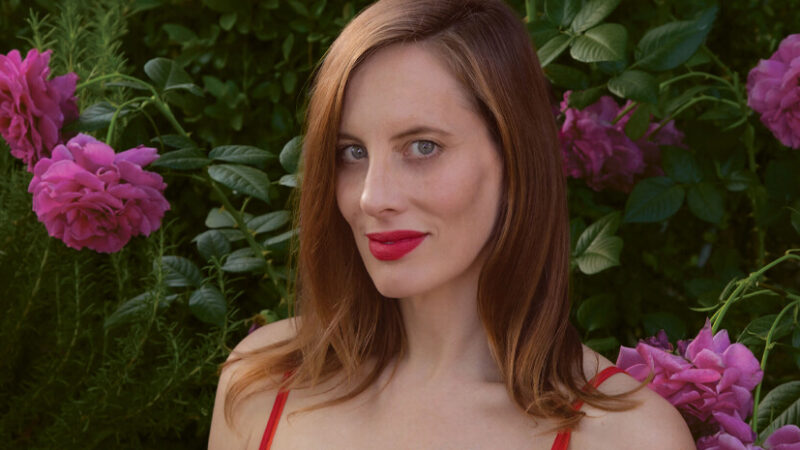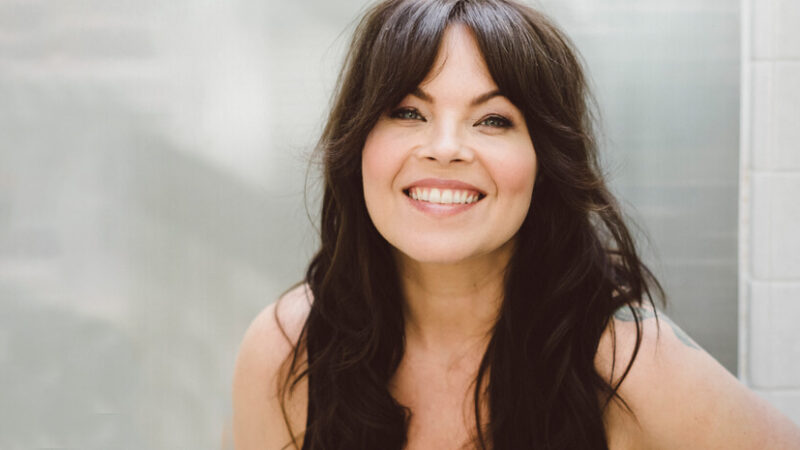Jules Blaine Davis: Meet the Kitchen Healer
For eons, women have gathered around the place of cooking—the fire, the hearth, the kitchen—to share wisdom and nourish each other through love and compassion and yes, food. In her new book, The Kitchen Healer: The Journey to Becoming You, Jules Blaine Davis celebrates the ways we nourish our bodies, hearts, and spirits in this cherished place. In our podcast, Tami Simon and Jules discuss how the kitchen gives us the opportunity to pause, grieve, and replenish—and to rewrite our stories over and over again. In true loving-healer fashion, Jules talks about our deep hunger to connect with each other in what has become “a cultureless culture,” and how the kitchen provides that essential space for reuniting with our longing, our joy, and each other.
She shares her thoughts on the practice of simply being with our problems instead of fixing them, and how powerful it is to just give yourself an abundance of permission. Her joy and compassion radiate throughout this conversation, as does the promise of discovery through healing. Says Jules, “When we’re in the practice of healing, there’s no graduating from healing. We’re just unfolding. We’re unraveling. We’re becoming who we are over and over again in all the different beautiful places in our lives.”
